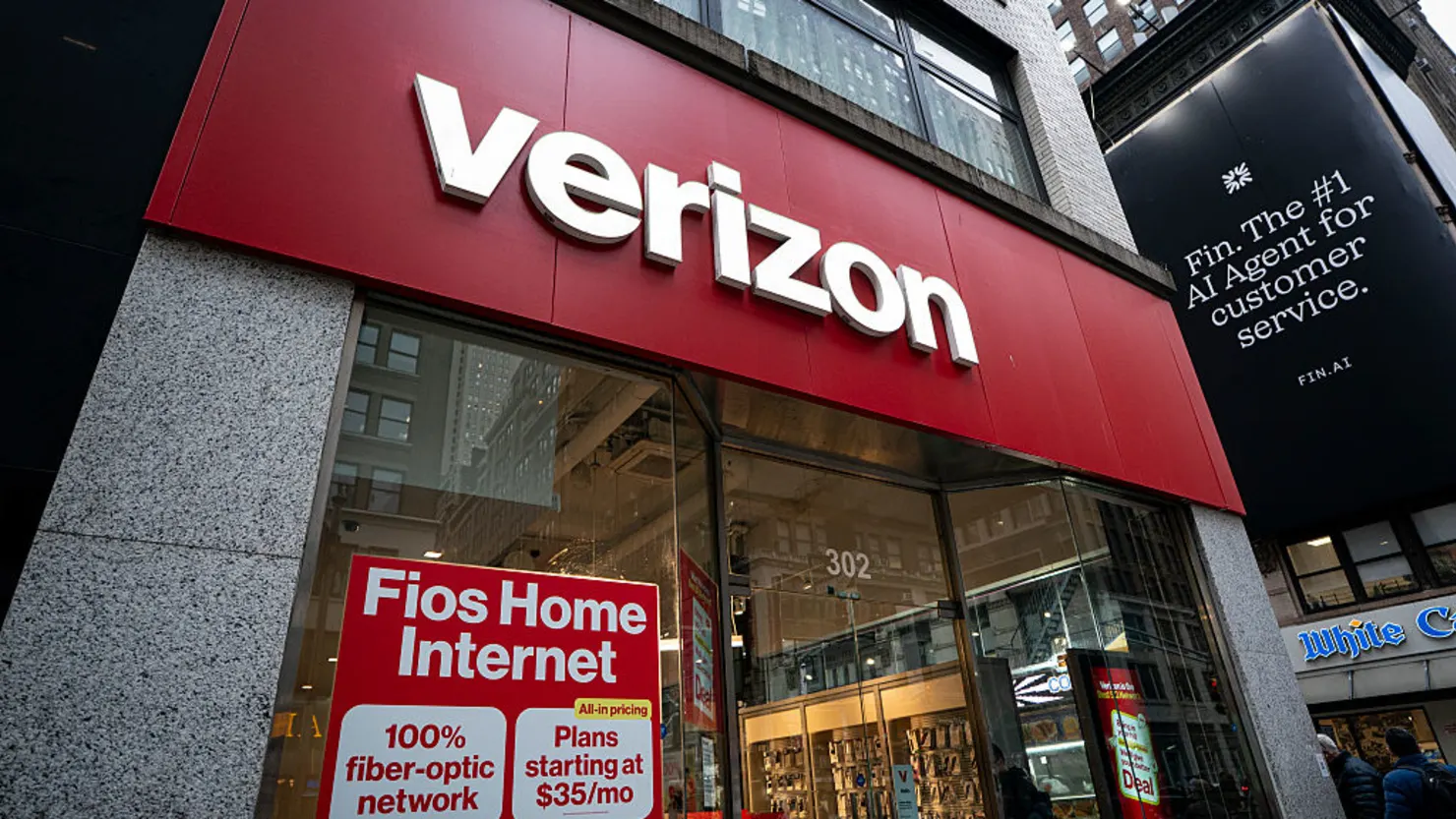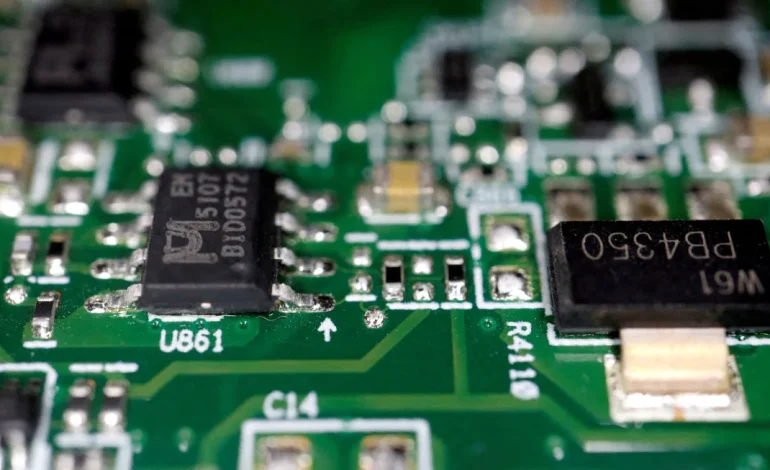President Donald Trump has revealed his intention to impose 25% tariffs on imports of automobiles, semiconductor chips, and pharmaceuticals starting as early as April 2.
This move aligns with his long-standing goal of securing fairer trade deals for the United States and bringing strategic industries back to American soil.
Trump has already enacted a 10% across-the-board tariff on goods from China, as well as a 25% tariff on steel and aluminum imports. Now, with the proposed tariffs targeting key sectors such as the automobile, semiconductor, and pharmaceutical industries, the President aims to give US companies an incentive to relocate their manufacturing plants to the US to avoid these tariffs.
“We want to give them a little bit of a chance,” Trump said.
The President emphasized that those who bring their production to America would be exempt from the new tariffs.
This latest development follows an investigation into the tax and tariff policies of other nations, which Trump ordered in a push for more reciprocal tariffs. The investigation will conclude on April 1, paving the way for the new measures to take effect the next day. Trump has consistently argued that foreign markets have treated American exports unfairly and has sought to rebalance trade by encouraging companies to invest in American manufacturing.
Economists and industry experts have raised concerns that the tariffs could lead to higher prices for consumers and increased costs for businesses. However, Trump’s vision of a more self-sufficient economy outweighs these concerns. In particular, the automobile sector could see significant changes, as nearly half of all vehicles sold in the US were imported in 2023. Although car prices may rise, the President’s strategy is intended to benefit US workers and manufacturers in the long run by creating jobs and bolstering domestic production.
In the semiconductor industry, US companies like Nvidia have led in areas such as artificial intelligence chip manufacturing. However, the manufacturing of chips has largely been outsourced to Asia over the past several decades due to cost and technical reasons. Trump’s tariffs on semiconductor imports could hasten the decision of major Asian companies like Taiwan Semiconductor Manufacturing Company (TSMC) and Samsung to expand their operations in the US By doing so, these companies can avoid new tariffs while contributing to the growth of the American tech sector.
The pharmaceutical industry, another target for the tariffs, is an area where the US is the largest importer, purchasing over $176 billion worth of drugs and related goods in 2023. European, Indian, and Chinese companies could bear the brunt of these tariffs. Still, the President’s broader goal is to reduce the country’s dependence on foreign drug manufacturers, strengthening the American pharmaceutical industry and ensuring greater control over the supply of essential medications.










The latest news in your social feeds
Subscribe to our social media platforms to stay tuned